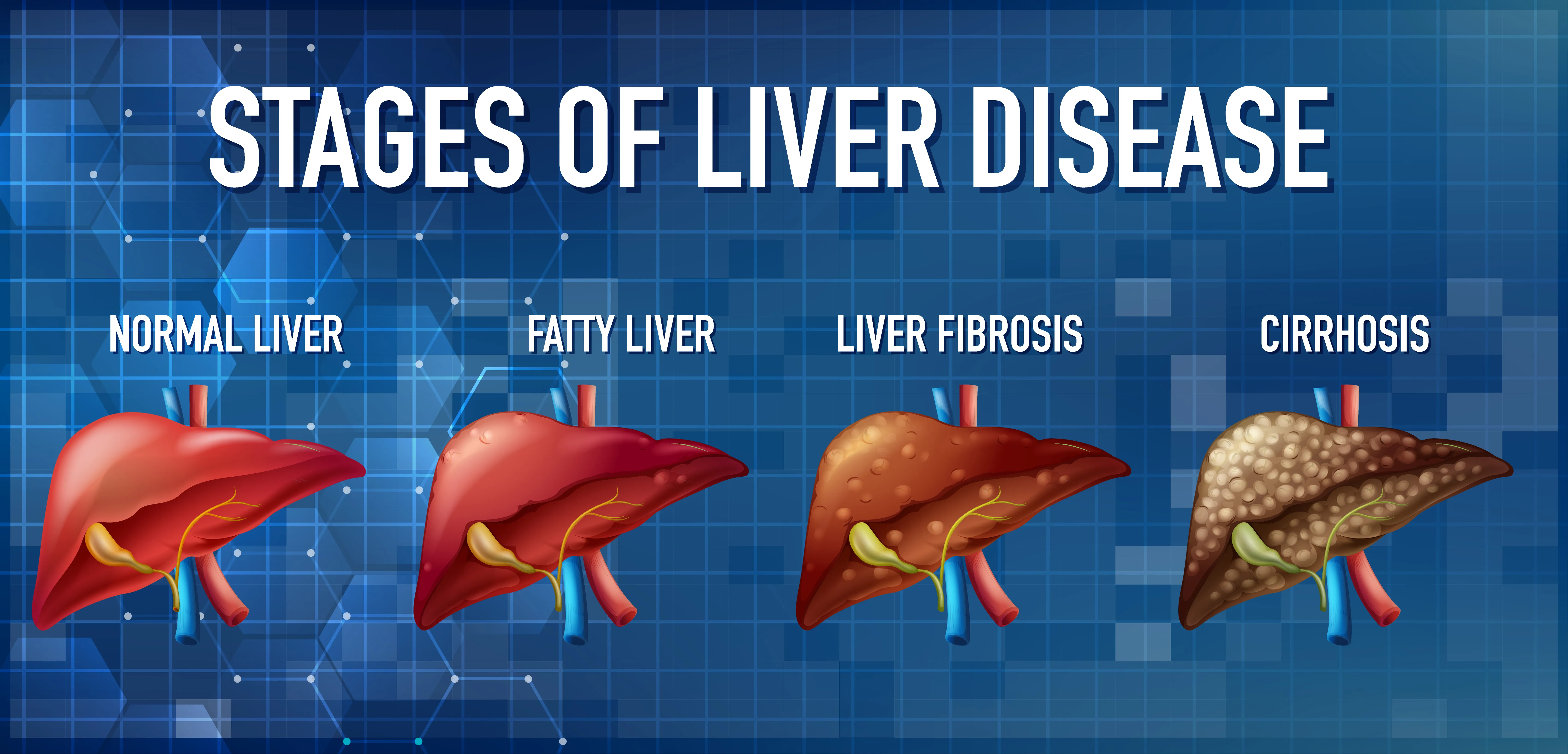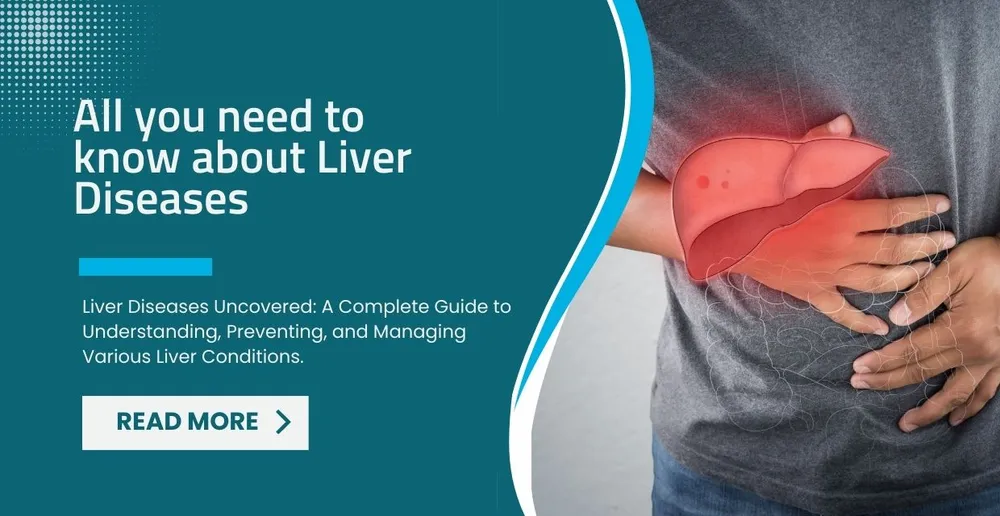Are you worried about the condition of your liver? There are several symptoms that people with a diseased or damaged liver may experience. Additionally, they can show no symptoms at all. If you exhibit any of the signs and symptoms listed below or have any suspicions that you may have liver issues, you should speak with your doctor.
Types Of Symptoms
People who do exhibit signs of liver illness and damage may notice a variety of symptoms. Some of the symptoms might include ascites, bleeding varices, and jaundice. These are medical conditions and not the symptoms
Jaundice (jawn-dis)
The yellowing of the eyes is jaundice. It occurs when your liver is unable to filter your blood properly. If you suddenly develop jaundice or if it worsens, your liver function may be declining (becoming worse) or you could be infected. Please make an appointment to see your doctor or a specialist to have it examined.
Bleeding varices
The term "bleeding varices" refers to bleeding in the stomach or esophagus (the food pipe). Your liver's increased pressure causes the blood vessels to enlarge and rupture. Varices bleeding is extremely dangerous and may be fatal. Vomiting blood or having dark, tarry, sticky stools are signs of bleeding varices. These symptoms require URGENT MEDICAL HELP, so please seek it immediately.
Ascites
Ascites is a fluid buildup in your abdomen. It results from high pressure in the liver. Your stomach will enlarge significantly. Eating becomes uncomfortable (since you'll constantly feel full), and breathing could be difficult, especially if you're lying down. Malnutrition (when your body doesn't obtain all the nutrients it needs) is a condition that some people with ascites may have. Ascites fluid infections can develop and become quite dangerous.
Encephalopathy
You develop encephalopathy when poisons accumulate in your brain. Toxins remain in your blood and are transported to your brain when the liver cannot filter them. Early encephalopathy symptoms include flapping hands and changes in mood, focus, memory, and sleep patterns. Additionally, you can struggle with math, writing, and moodiness. If you experience any of these symptoms, talk to us and contact Lifecare hospital right away. Later encephalopathy symptoms include confusion, acting strangely, and being excessively tired of no apparent cause. If it's severe, you can become completely unconscious.
Depending on the severity of their ailment, those who are showing signs of liver issues will suffer different symptoms. According to these conditions, they might experience symptoms:
Liver Damage
Numerous factors can cause inflammation and damage to liver cells. Hepatitis viruses spread from person to person; what we consume (such as alcohol, some herbal remedies, fatty meals, and whether we are overweight), autoimmune illnesses, and genetic abnormalities are the main reasons.
Liver cells may sustain an injury while attempting to repair themselves. This can eventually result in liver fibrosis and other liver issues.
Fibrosis
When healthy liver cells are injured and inflamed, liver fibrosis occurs. Tissues are replaced by scar tissue (called fibrosis).
Normal fibrosis symptoms are nonexistent. However, you might be experiencing signs of fibrosis. Fibrosis can progress into liver cirrhosis if neglected.
Cirrhosis

Cirrhosis is called when scar tissue builds up too much over time. Compensated and decompensated liver cirrhosis are the two stages.
Symptoms of compensated cirrhosis are minimal or nonexistent. Right now, enough of your liver is still functioning normally to make up for the scarred areas.
You will develop decompensated cirrhosis, the subsequent stage of liver damage if the liver damage worsens. It's serious because this is advanced liver cirrhosis. You may be tired, have a poor appetite, and lose weight.
You require emergency medical attention from a physician, expert, or hospital if you experience any of these signs.
Liver diseases are one of the most common health issues in Kenya today. These conditions can be caused by a variety of factors including viral infections, alcohol consumption, obesity, and genetics. LifeCare Hospitals is proud to offer top-notch treatment for liver diseases through their team of highly qualified gastroenterologists.
At LifeCare Hospitals, patients can expect to receive customized care plans tailored to their specific needs. The hospital's state-of-the-art facilities and advanced technology ensure that patients receive the best possible care. The team of gastroenterologists at LifeCare Hospitals consists of some of the best doctors in Kenya, with years of experience in diagnosing and treating various liver diseases.
The Liver Diseases Treatment program at Lifecare Hospitals includes a range of services such as diagnosis, medication management, lifestyle changes counseling and surgery if necessary. Contact us if you are looking for a reliable gastroenterologist in Kenya.



